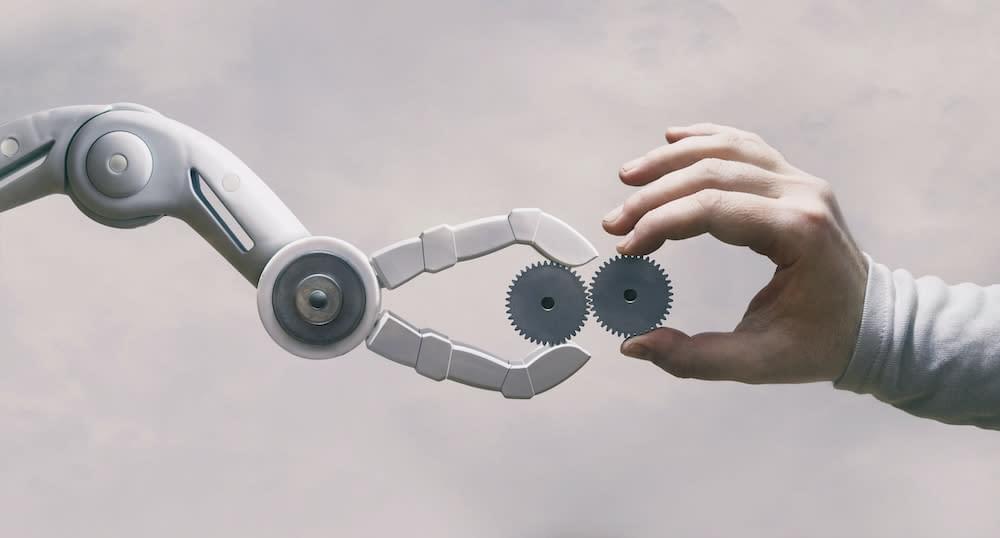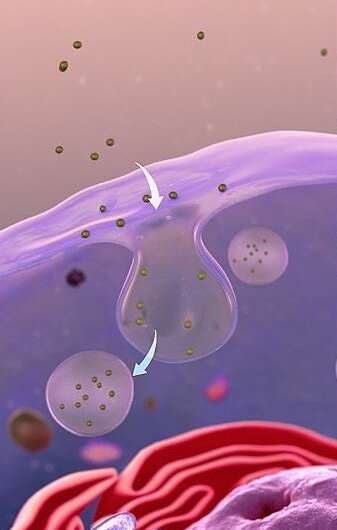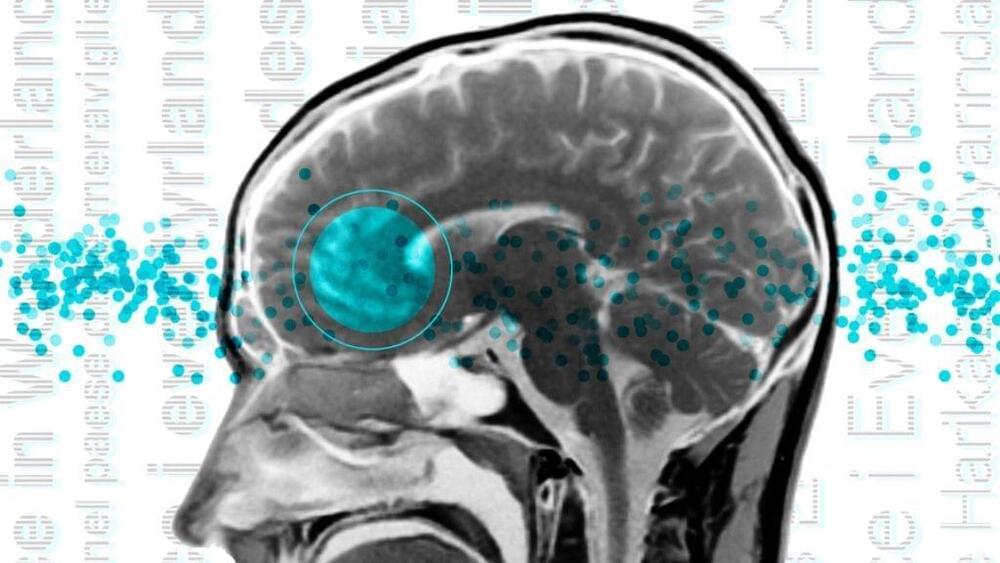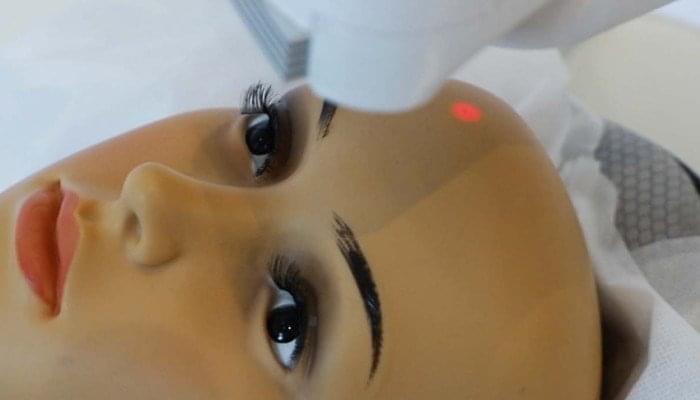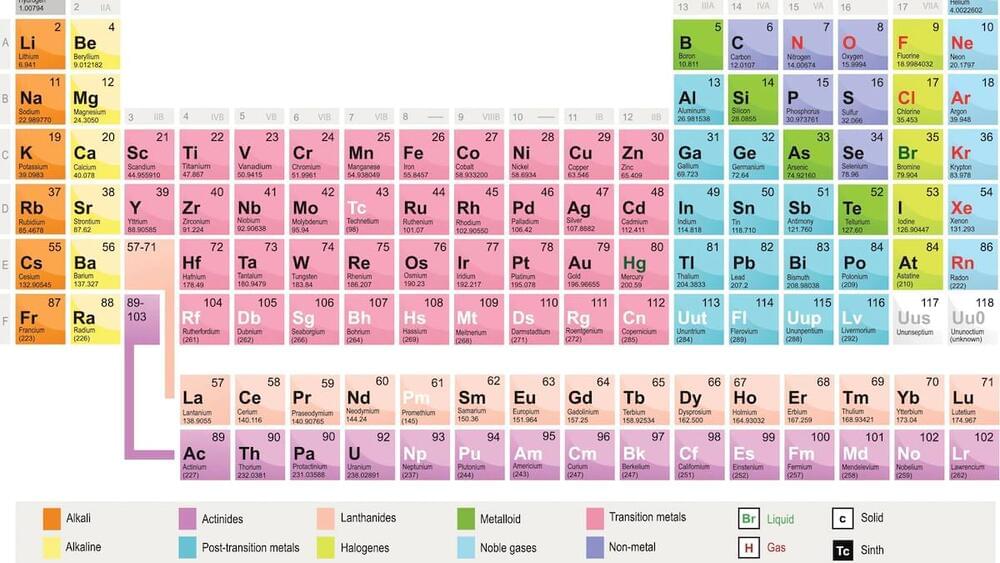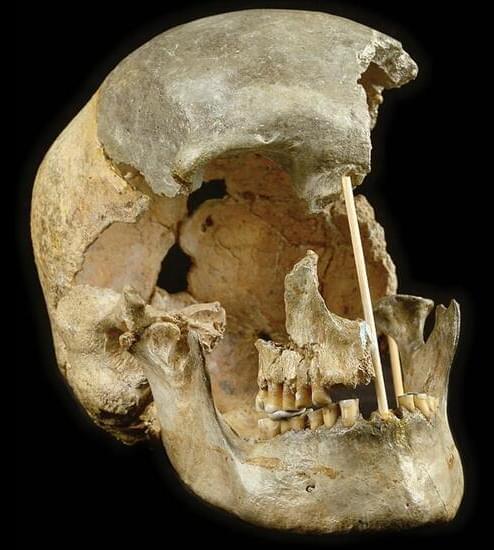Jul 23, 2022
Waterloo Region District School Board hit by cyberattack
Posted by Shubham Ghosh Roy in categories: cybercrime/malcode, futurism
The Waterloo Region District School Board says it’s working to restore its IT system and safeguard personal information of staff, students and families after it was the target of a cyberattack.
“We intend to do whatever is within our ability to resolve this issue,” said a statement from the board’s communications officer, Estefania Brandenstein.
Staff, students and their families have been informed of the cyberattack, the statement said. Future information about it will be shared directly with people who were impacted.


